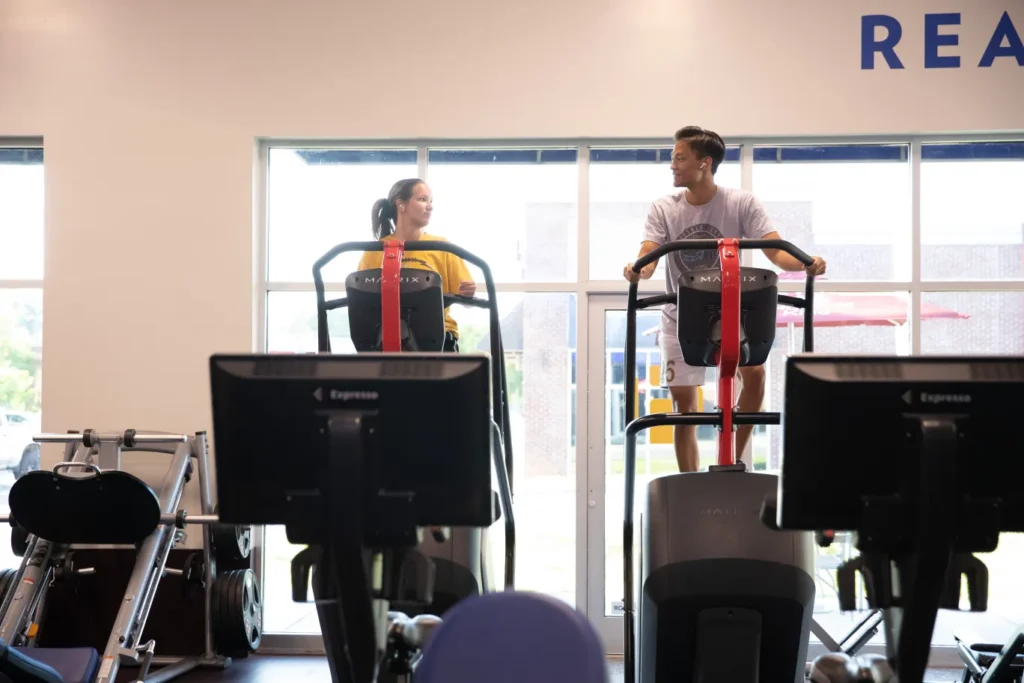Personal training is more than just guiding someone through a series of exercises; it’s about creating a comprehensive plan that addresses various aspects of fitness and wellness. Whether you’re a seasoned athlete or a fitness newbie, understanding the essential components of a personal training plan can significantly impact your journey toward achieving your health and fitness goals. Let’s explore what these key elements are.
1. Assessment and goal setting
Initial assessment
Any effective personal training plan starts with an in-depth assessment. This includes evaluating your current fitness level, health history, lifestyle factors, and any specific needs or limitations. Understanding where you are at the start helps in setting realistic and achievable goals.
Goal setting
Setting clear, specific, and measurable goals is crucial. These goals could range from weight loss, muscle gain, improving endurance, or simply enhancing overall health. Goals should be SMART: Specific, Measurable, Achievable, Relevant, and Time-bound.
2. Customized exercise program
Tailored workouts
A personal training plan should be tailored to the individual’s goals, fitness level, and interests. This could include a mix of cardiovascular exercises, strength training, flexibility workouts, and balance training.
Progression and variety
To avoid plateaus and maintain interest, the training plan should progressively challenge you and incorporate a variety of exercises. This keeps the workouts engaging and effective.
3. Nutrition guidance
Balanced diet
A crucial aspect often overlooked is nutrition. Personal trainers should provide guidance on a balanced diet that complements the physical training. This includes understanding macronutrient needs, hydration, and the timing of meals.
Individual dietary needs
Nutritional advice should also consider individual dietary preferences and restrictions, ensuring a holistic approach to health and fitness.
4. Recovery and rest
Importance of recovery
Recovery is as important as the workouts themselves. A personal training plan should include rest days and recovery techniques, such as stretching, foam rolling, or massage.
Sleep
Adequate sleep is vital for muscle recovery and overall well-being. A trainer should emphasize the importance of sufficient sleep as part of the fitness journey.
5. Consistent monitoring and feedback
Regular check-ins
Regular monitoring of progress is essential. This includes tracking workout performance, changes in body measurements, and overall physical and mental well-being.
Adjustments to the plan
Based on feedback and progress, adjustments to the training plan should be made. This ensures that the plan remains aligned with the evolving goals and needs of the individual.
6. Motivation and support
A personal trainer should provide ongoing motivation and support. Encouragement and positive reinforcement can be crucial in maintaining motivation, especially during challenging times.
Final thoughts
A well-rounded personal training plan is not just about physical workouts; it encompasses goal setting, customized exercise programs, nutrition guidance, recovery, consistent monitoring, and motivational support. This holistic approach ensures not only the achievement of fitness goals but also promotes long-term health and wellness. Remember, a successful fitness journey is a combination of dedicated effort, guided expertise, and a well-structured training plan.
Want to experience unique workouts and next-level post-exercise recovery? Claim your 3-day free pass at HiTone Fitness St. Augustine and begin your fitness journey.







